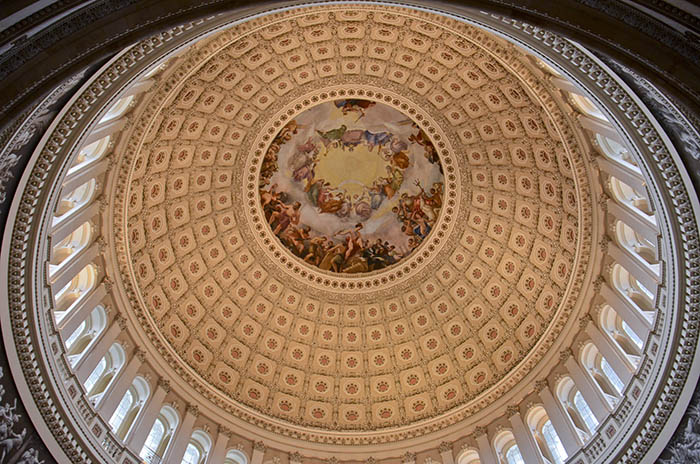AGENDAS
This year significant decisions will be made at the polls in three different countries – In the United Kingdom: to exit or not to exit the European Common Market; In Australia: following a double-dissolution, election of representatives to both Houses of Federal Parliament; In the USA: election of a new president and representatives in both Houses of Congress.
It’s often said that politics can be a dirty business. Sadly, too often we see signs of this when politicians take one another’s words out of context or distort the truth. ‘I misspoke’ is newspeak for not being truthful. When we see this we are reminded of Lord Acton’s words: Power tends to corrupt, and absolute power corrupts absolutely.
Our responsibility to the State: The processes of politics, its candidates and decisions, should not cause us to step away. We need to remember that as God’s people we are called to ‘seek the welfare of the city’ (Jeremiah 29:7).
Further, let us not forget Paul the Apostle’s words in 1 Timothy 2:1-4: First of all, then, I urge that supplications, prayers and intercessions, and thanksgivings be made for all people, for kings and for all who are in high positions, that we may lead a peaceful and quiet life, godly and dignified in every way. This is good, and it is pleasing in the sight of God our Savior, who desires all people to be saved and to come to the knowledge of the truth.
RESPONSIBILITY TO THE STATE
Having said this about our responsibility to the State, we should equally be mindful that politics will never provide the ultimate solution to our human troubles. To quote Jeremiah again, the heart is deceitful above all things (Jeremiah 17:9). While we need leaders and government for the good order and management of society, we need to agree that the human tragedy is such, we need radical surgery to clean up the mess.
This is where even Jesus’ first followers were slow learners. Consider the question they asked Jesus in the aftermath of his resurrection: “Lord, is this the time when you will restore the kingdom to Israel?” (Acts of the Apostles 1:6). We need to think about their question for when politics dominates our thinking and conversation it is all too easy to lose sight of the bigger picture, the deeper need, and God’s generous solution.
Jesus had been speaking about how the new age of God’s messiah had dawned with the events of his death and resurrection. Clearly the disciples were excited about this and began to think that at last Jesus was going to reveal his true power and position as Israel’s true king. So, they referred to Jesus restoring the kingdom. They were thinking in political categories – the restoration of the monarchy, as it were.
And, in referencing the kingdom of Israel, they were thinking in nationalistic terms: the power and position of Israel as a nation. They questioned whether this would happen soon. Now that Jesus was truly alive, the time of his coming in his kingly power and rule must be imminent.
HOLY MYSTERIES
We need to consider this. Throughout the ages many professing Christians have thought in much the same categories as those first followers. But look at Jesus’ response: “It is not for you to know the times or periods that the Father has set by his own authority. His words are a rebuke: ‘Guys,’ he’s saying, ‘that’s not for you to know. There are some things you won’t be told, and that’s one of them.’
We need to pay very careful attention to the agenda that Jesus’ outlines: “You will be my witnesses in Jerusalem, in all Judea and Samaria, and to the ends of the earth” (Acts 1:8).
His words form an action plan for his disciples cum ‘apostles’. Their vision is short-sighted and parochial – limited to political and national categories. Jesus wants them to lift their eyes to the deeper need of men and women everywhere. ‘Listen,’ he is saying, ‘You’re being political. Come with me and see the big picture. The outcomes which my death and resurrection have set in motion must be announced – first, here in Jerusalem, then in Judea and Samaria, and finally to the ends of the earth.’
The disciples agenda was political in its focus, nationalistic in scope and immediate in time. Jesus’ agenda is spiritual in its focus, world-wide in scope, and far-flung in time. It’s an agenda he wants every one of us to adopt and live out.
© John G. Mason


